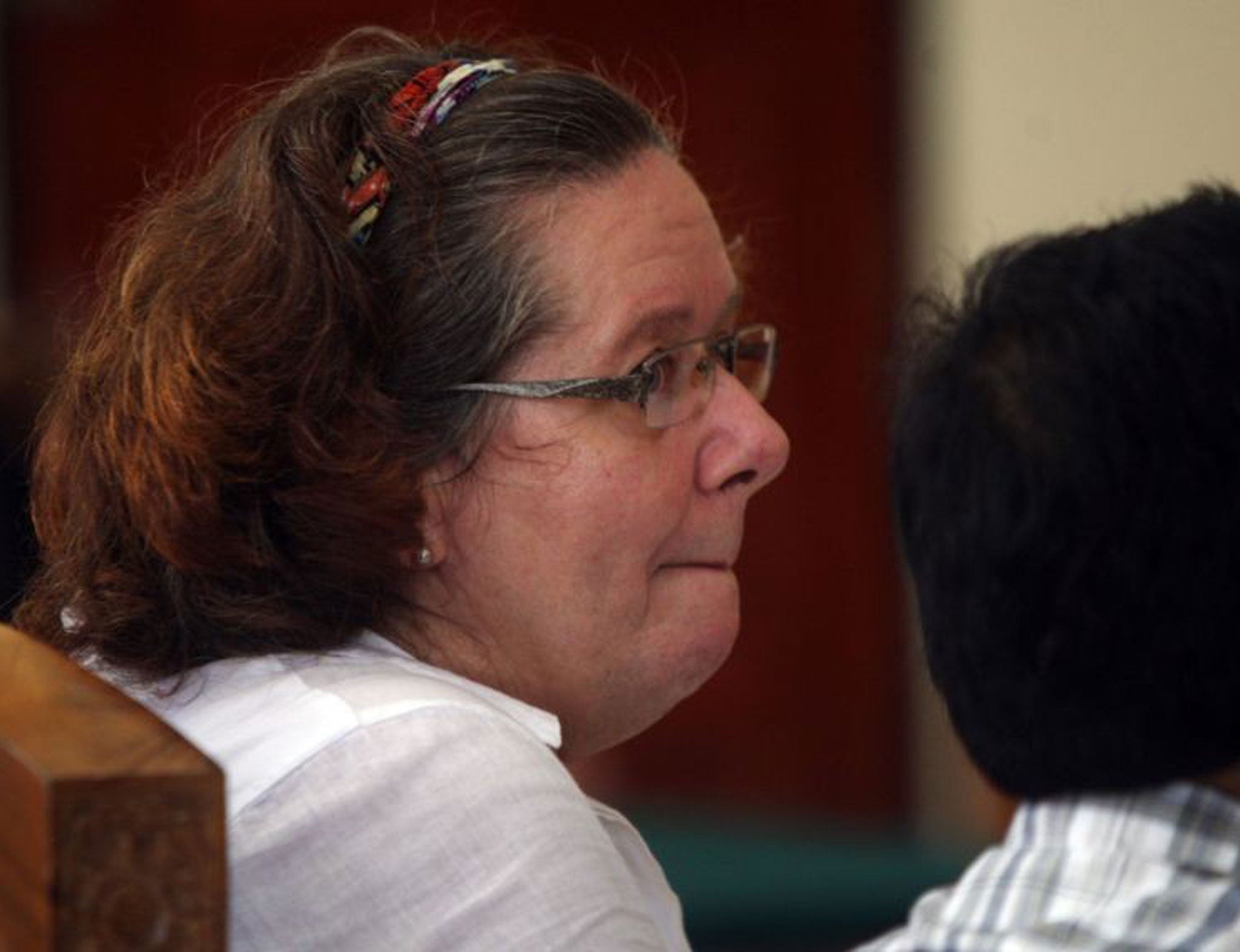Justice has not been served for Lindsay Sandiford
More needs to be done to support the hundreds of Brits arrested abroad every year

Your support helps us to tell the story
From reproductive rights to climate change to Big Tech, The Independent is on the ground when the story is developing. Whether it's investigating the financials of Elon Musk's pro-Trump PAC or producing our latest documentary, 'The A Word', which shines a light on the American women fighting for reproductive rights, we know how important it is to parse out the facts from the messaging.
At such a critical moment in US history, we need reporters on the ground. Your donation allows us to keep sending journalists to speak to both sides of the story.
The Independent is trusted by Americans across the entire political spectrum. And unlike many other quality news outlets, we choose not to lock Americans out of our reporting and analysis with paywalls. We believe quality journalism should be available to everyone, paid for by those who can afford it.
Your support makes all the difference.Yesterday Lindsay Sandiford’s appeal against her death sentence was rejected by Indonesia’s Supreme Court.
Two further appeals are available to her. The first, a judicial appeal, would require new evidence. The second, clemency, is very rarely granted.
Justice has not been done. Lindsay is caught between two legal systems and as a result has not had adequate legal support. The Indonesian government supports the defence of Indonesian citizens abroad, but not foreign nationals in Indonesia. The UK government refused to pay for Lindsay’s legal defence, or appeal. In refusing to do so, they have arguably violated obligations under international law that prohibit aiding the commission of human rights abuses. In the end it was left to the British public to step in and fund her most recent appeal. They donated over £10,000 in a heroic opposition to this injustice.
Lindsay thanked her supporters in an open letter published by Reprieve. She also said:
“There are others who are even more desperate than me, other British people who face execution without anyone on their side.”
She is right. Over a thousand Brits are currently imprisoned abroad, and many face similar issues (although only a minority face the death penalty).
Many, like Lindsay, will not have access to adequate legal defence. Those facing trial can expect to be defended by an over-worked lawyer who does not speak or understand their language. Translation services are not universally available (although this will change in the EU later this year).
Being imprisoned in a foreign country is notoriously tough. Most do not speak the local language and find themselves very isolated. Many prisons overseas are little more than human storehouses offering little more than a place to sleep. Local inmates rely on the support of their families who bring them food, a mattress, clothes and medicines when they are sick. Without this support, people imprisoned abroad find themselves in poverty, unable to pay for basics such as toiletries. If they are sick, they will have to pay for their own hospital treatment. Those who cannot afford to do so may suffer serious illness or die.
Having completed their sentence, many are stranded abroad. In Peru, where foreigners are given parole, some find themselves homeless. In such circumstances they may get involved in drug trafficking out of desperation. In many countries prisoners are expected to pay for their flight home. If they cannot do so they remain in prison at best, or may be transferred to a detention centre at worst. In Ecuador, prisoners in the detention centre in the capital city have no access to food, clean water or outside space.
In Lindsay’s case, justice has not been served, but her case is just the tip of the iceberg, or rather the sharp end of the wedge. More needs to be done to support Brits charged with offences, or imprisoned abroad. The government has a duty to stand against the violation of human rights. The UK should follow the example set by Indonesia and pay for the legal defence of Brits accused of serious crimes abroad, especially in countries that use the death penalty; and Spain, which repatriates its citizens once they have served a portion of their sentence. Such measures recognise the complexity of the situation and the necessity of protecting human rights. It’s time for the UK to do the same.
Join our commenting forum
Join thought-provoking conversations, follow other Independent readers and see their replies
Comments